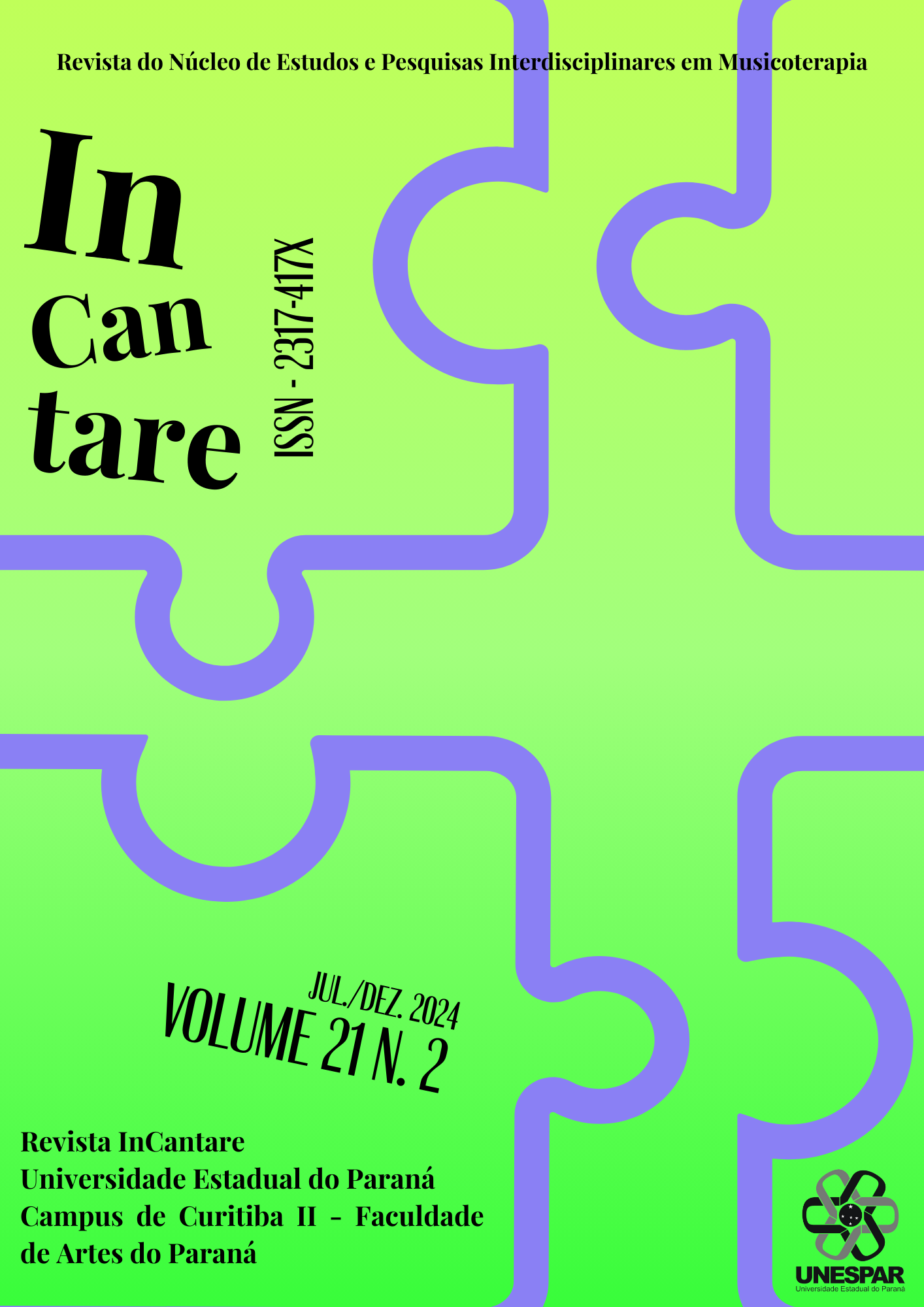The union is the strength
methodological implications of the co-teaching model in supporting school inclusion
DOI:
https://doi.org/10.33871/2317417X.2024.21.2.8648Keywords:
Co-teaching, Common Teaching, Special education, Inclusion of students with disabilitiesAbstract
The objective of this text is to analyze the Co-teaching model as a methodological possibility for teachers of common education and special education in promoting school inclusion. The methodology used comprised a bibliographical research in which a survey of various sources of information (printed and online) was used. The assessment of the collected data was possible through the content analysis technique. The results showed that the proposal of Co-teaching is still a point highlighted in discourses about school inclusion, as the partnership between regular education and special education teachers is relatively insignificant. The texts analyzed also point out that the understanding of the concept of Co-teaching is still little explored in the educational context as it is not typically a proposal aimed only at the inclusion of students with disabilities in regular schools. However, its principle is considered a substantial element so that inclusive practices can be further strengthened. It can be concluded that Co-teaching is a valid and important action for school inclusion, as it narrows paths that have been widened for years by exclusion. And, it constituted a promising didactic action for school inclusion to go beyond the theoretical plan and become real in the concrete plan of regular education schools.
Downloads
Downloads
Published
How to Cite
Issue
Section
License
Copyright (c) 2024 InCantare

This work is licensed under a Creative Commons Attribution 4.0 International License.
A Revista InCantare adota acesso aberto e o copyright dos artigos e da entrevista pertence aos respectivos autores/entrevistados com cessão de direitos para a Revista InCantare no que diz respeito à inclusão do material publicado (revisado por pares/postprint) em sistemas/ferramentas de indexação, agregadores ou curadores de conteúdo.
Os artigos publicados por esta Revista são de livre uso para compartilhar. É preciso dar o crédito apropriado, prover um link para a licença e indicar se mudanças foram realizadas.
A Revista InCantare não cobra qualquer tipo de taxa para submissão e/ou publicação de artigos.















